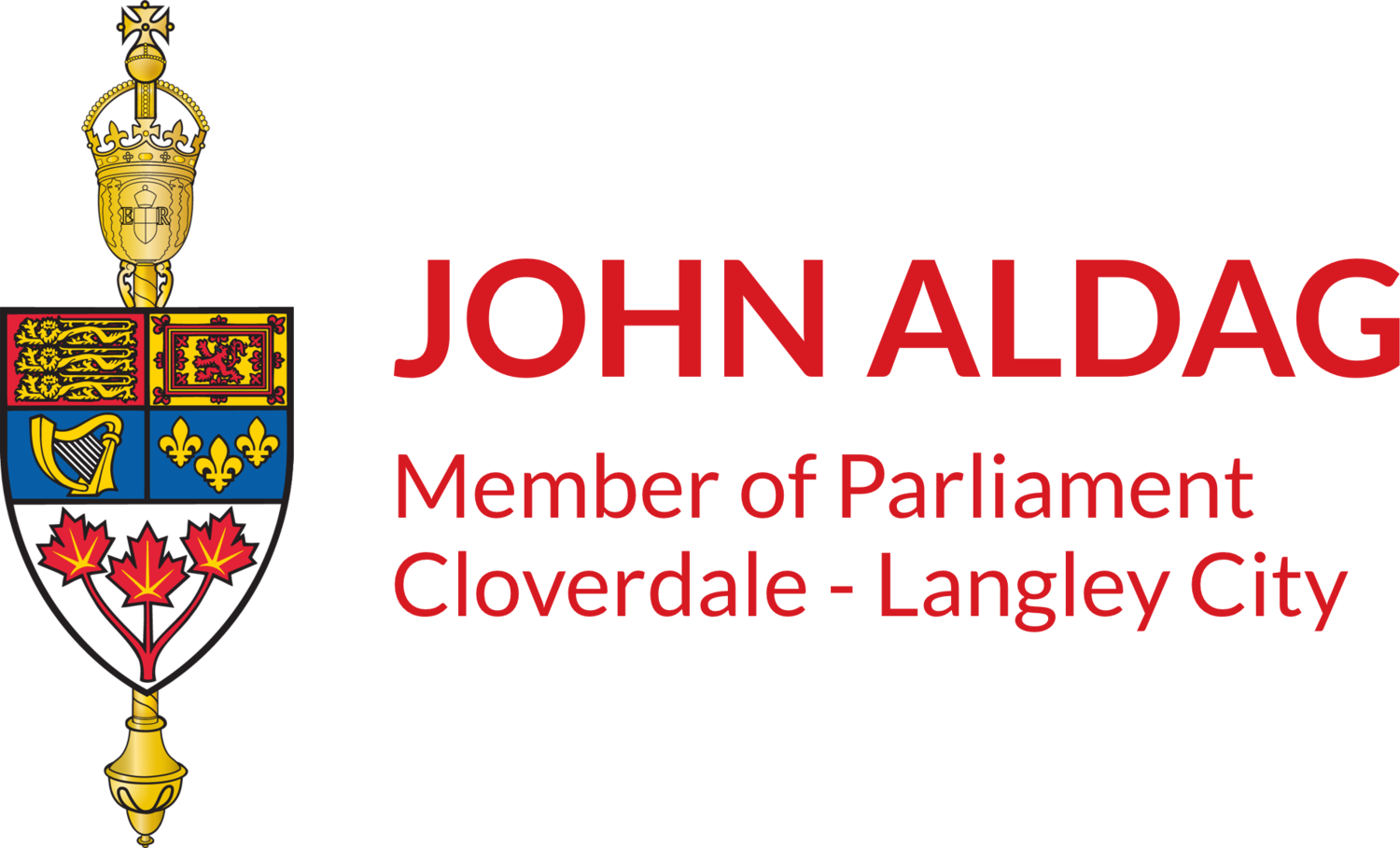✔︎ Bill C-33, Strengthening the Port System and Railway Safety in Canada Act
Voted yea. Bill adopted.
Bill
Bill C-33, An Act to amend the Customs Act, the Railway Safety Act, the Transportation of Dangerous Goods Act, 1992, the Marine Transportation Security Act, the Canada Transportation Act and the Canada Marine Act and to make a consequential amendment to another Act
Vote
Yea.
Rationale
This legislation responds to supply chain challenges that, if not managed effectively, risk harming the Canadian economy and increasing inflationary pressures. These measures seek to improve the supply chain, including the competitiveness of Canada’s transportation system and operations that are safe, secure, efficient, and reliable. The proposed measures would support the flow of essential goods and would implement tools to mitigate risks and impacts of future supply chain challenges.
Passed.
Bill Status
At report stage in the House of Commons
✔︎ C-48 (Oil Tanker Moratorium Act)
Voted yea. Motion passed.
Bill
C-48: An Act respecting the regulation of vessels that transport crude oil or persistent oil to or from ports or marine installations located along British Columbia's north coast
Senate Amendment.
Vote
Yea.
Rationale
The Senate is proposing to modify C-48 in a number of ways; most substantively by requiring a two-stage review: firstly, a regional assessment which would be led by the Minister of the Environment under authorities established under the (yet to be passed) C-69. The Minister of Environment would be required to invite the provincial governments of B.C, Alberta and Saskatchewan as well as indigenous communities in the moratorium area to enter into an agreement or arrangement respecting the joint establishment of a committee to conduct the assessment and the manner in which the assessment is to be conducted. This body would then be required to start their work 180 days after coming-into-force of C-48 and could take up to 4 years after coming-into-force to present their report to Parliament. This would then feed into the second stage, a Parliamentary Review, which would take place 5 years after coming-into-force, and which would consider evidence gathered by the Regional Assessment and conduct further study and hearings before presenting its report to the Minister of Transport.The requirement to hold a regional assessment is problematic because it would carry unresolved financial implications that were not considered during the House debate of the Bill, and it would result in a lack of clarity over whether the authority provided to the Minister of the Environment in Bill C-48 would be inconsistent or in conflict with the authority provided to the Minister of the Environment in Bill C-69. Lastly there is significant consultation fatigue in the part of Coastal First Nations after years of reviews and studies and over 40 years of work to try and formalize the moratorium. It is unreasonable to ask them to participate in yet another review only 180 days after coming-into-force of C-48.
Result
Passed.
✔︎ M-177 (Canadian Flight Training Schools)
Voted yea. Motion passed.
Motion
M-177: Canadian Flight Training Schools.
Report.
Vote
Yea.
Rationale
I support this motion because there is a shortage of pilots problem that is growing in Canada and needs to be addressed.
Result
Passed.
✘ C-373 (Distracted Driving)
Voted nay. Bill defeated.
Bill
C-373: An Act respecting a federal framework on distracted driving.
Second reading.
Vote
Nay.
Rationale
While I supported the intent of Bill C-373 and objective of combatting distracted driving, I voted against this bill as it would overlap with provincial/territorial responsibilities, duplicate existing work being done by Transport Canada, and have financial implications for both federal and provincial governments.
Result
Defeated.
✔︎ C-49 (Canada Transportation Act)
Voted yea. Motion passed.
Bill
C-49: An Act to amend the Canada Transportation Act and other Acts respecting transportation and to make related and consequential amendments to other Acts
Third Reading.
Vote
Yea.
Rationale
Impaired driving is the leading criminal cause of death and injury in Canada. Our Government has committed to creating new and stronger laws to punish more severely those who drive while under the influence of drugs, including cannabis. Bill C-46 goes one step further by proposing to reform the entire impaired driving regime in the Criminal Code. It would strengthen existing drug-impaired driving laws and create a regime that would be amongst the strongest in the world. To support these measures, the Government will undertake a robust public awareness campaign so that Canadians are well informed about the dangers of driving under the influence of cannabis and other drugs. It will also work with provinces, territories, municipalities and local communities to train and equip law enforcement so that Canada’s roads and highways are safe for all Canadians. On that note, our Government is investing up to $274 million to support law enforcement and border efforts to detect and deter drug-impaired driving and enforce the proposed cannabis legalization and regulation. We have committed up to $161 million for training frontline officers in how to recognize the signs and symptoms of drug-impaired driving, building law enforcement capacity across the country, providing access to drug screening devices, developing policy, bolstering research, and raising public awareness about the dangers of drug-impaired driving.
Result
Passed.
